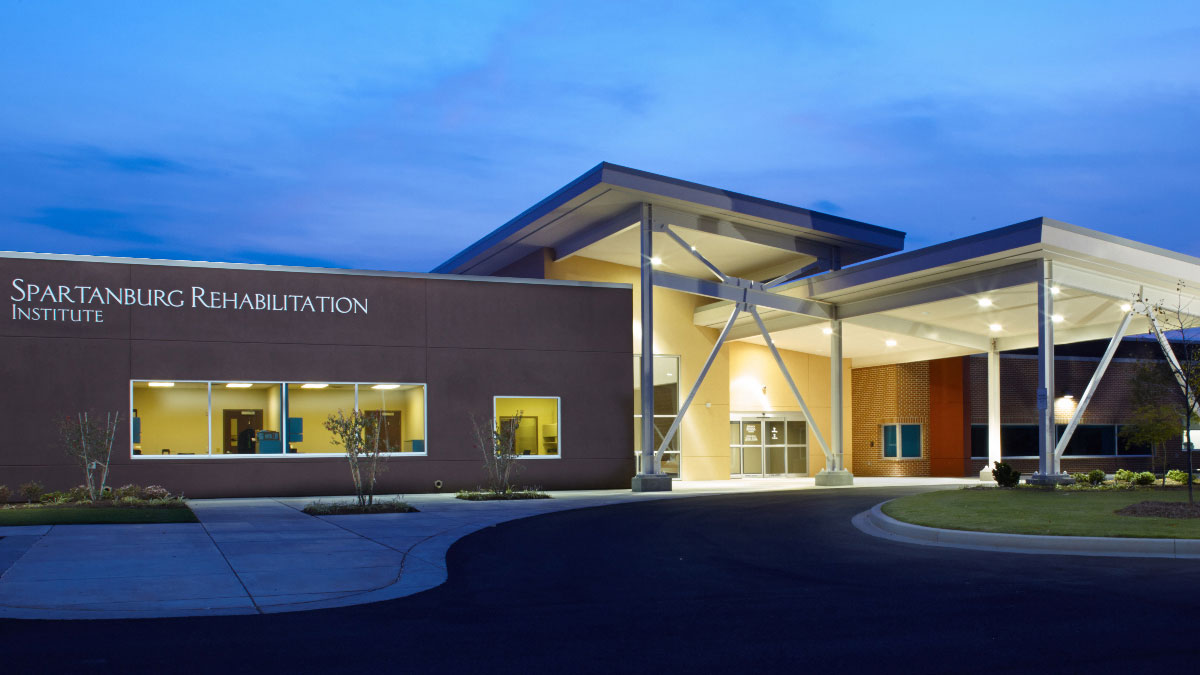You only want the best for your loved ones as they recover from a traumatic injury or adjust to a disabling disease or chronic illness. But what type of rehabilitation service is best?
Kristy Kruger, a certified rehabilitation nurse who is also the director of marketing and business development for Spartanburg Rehabilitation Institute, said that there are many options, and it is important that patients are placed in the right level of care and are given a choice.
“You have to do your research,” she encouraged. “Tour the places you are considering. Ask about the outcomes that they experience. Regaining as much independence as possible is always the best-case scenario.”
She also suggested that people who want to see the facilities and services for themselves take a tour before their surgery so the transition is as seamless as possible. Some of the questions she said they should ask are: who will be involved in the care of the patient?; what is the nurse-to-patient ratio?; what certifications and credentials have staff members accumulated?; how long have staff members worked at the facility and have they have earned any recognitions or awards?; and what services are provided?
“Logistics are also important to note, like the location of the facility and the hours of visitation,” she added.
Of course, the most common question concerns finances. Kruger said Spartanburg Rehabilitation Institute accepts Medicare and most other insurances.
“Seniors should utilize that benefit,” she explained.
At Spartanburg Rehabilitation Institute, the director is board-certified in physical rehabilitation. Dr. Timothy Murphree visits his patients at least three days a week and consults on other specialties as needed.
“Our staff is qualified in more ways than one to handle your situation,” Kruger said, pointing out that many patients at the facility are dealing with a stroke, brain or spinal cord injury; have suffered a hip fracture or amputation; experienced post-op complications from cardiac surgery or cancer treatments; or have chronic diseases such as multiple sclerosis, cerebral palsy and Parkinson’s disease.
Patients participate in at least three hours of therapy a day, administered by physical therapists, occupational therapists and speech pathologists. The average length of stay is 14 days. Once patients are discharged from the inpatient program, they can continue treatment in the outpatient program.
“Of course, for all patients, a good starting place is to discuss your options with your physician or health care provider,” Kruger concluded. “He or she is intimately involved with your health care and knows what your specific needs are. Your physician can refer you to Spartanburg Rehabilitation Institute, or feel free to call us. We will be glad to provide the admission criteria.”
For more information on Spartanburg Rehabilitation Institute, visit https://sri.ernesthealth.com/ or call 864-594-9600.
By Theresa Stratford
